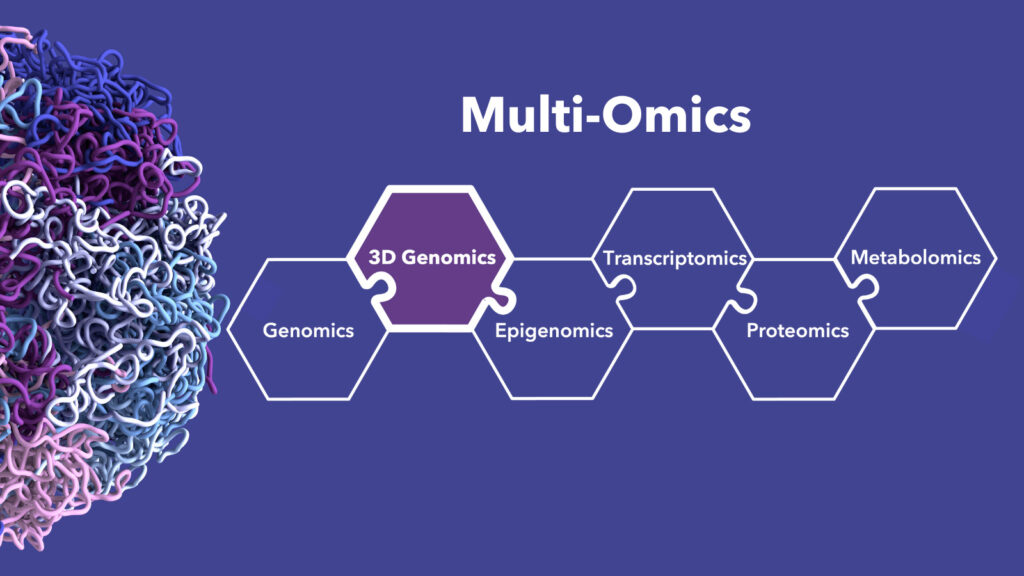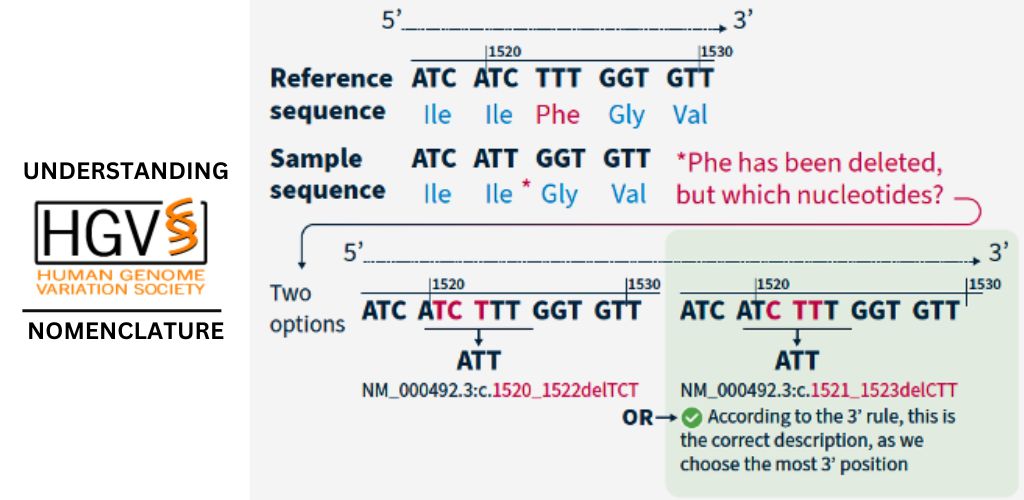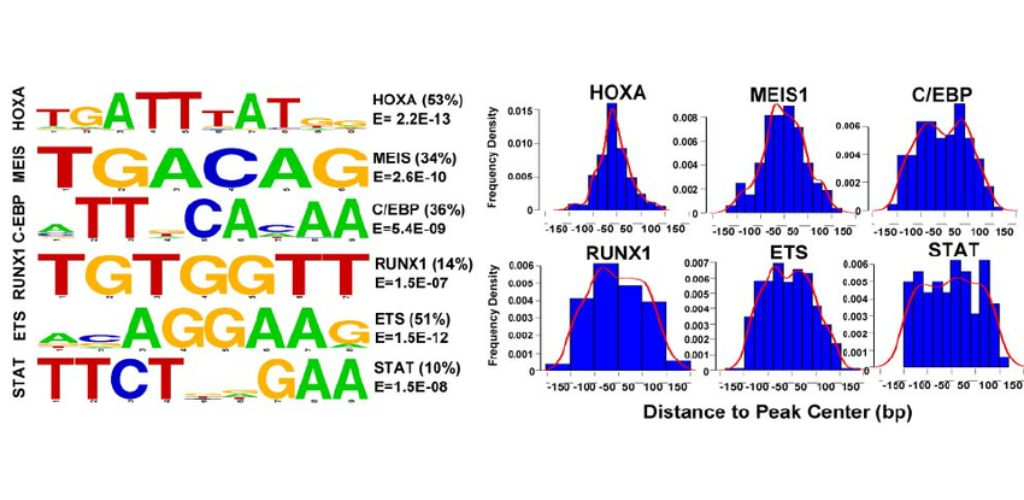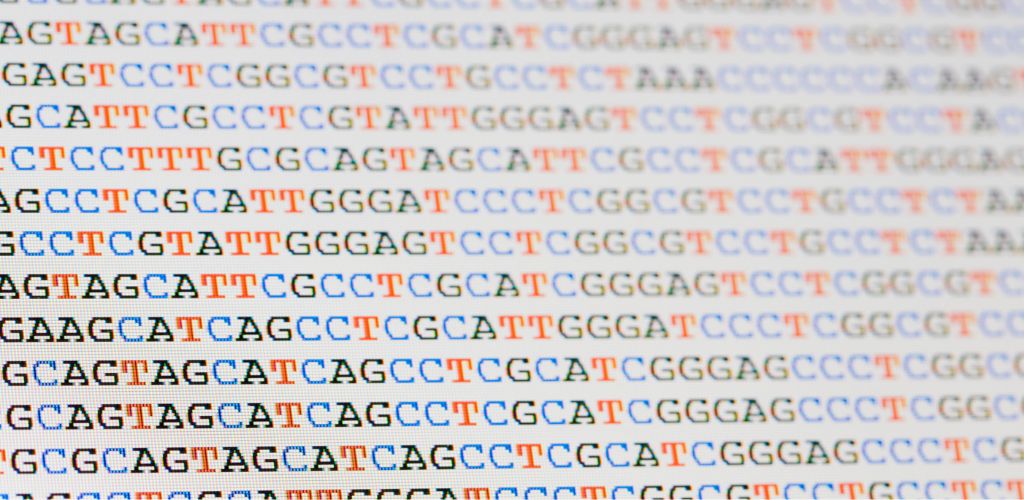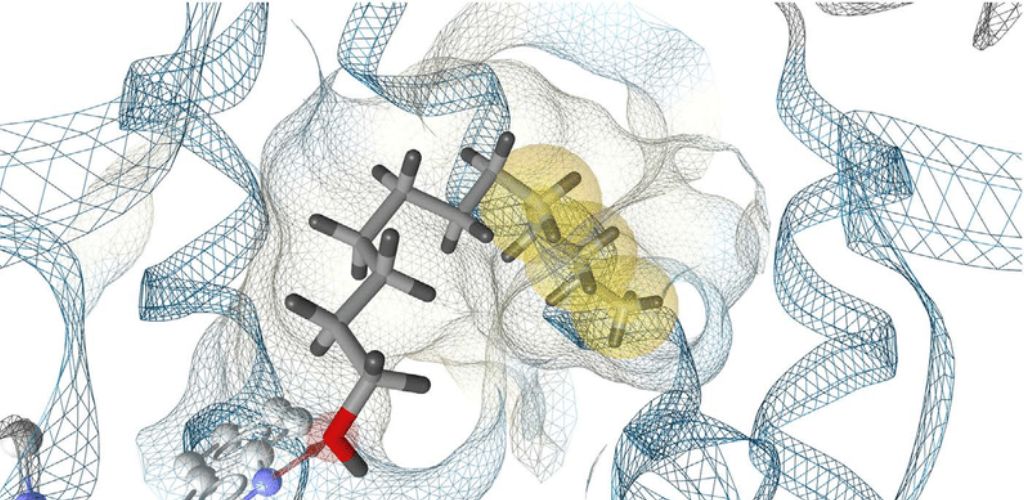Multi-Omics: An Overview
In the ever-evolving landscape of biological research, the integration of multiple data streams has become increasingly crucial. Enter multi-omics, a powerful approach that combines various “omes” to unravel the intricate molecular mechanisms governing life. Let’s delve into this fascinating field and explore its significance. What is Multi-Omics? Multi-omics is a fusion of two words: “multi” […]
Multi-Omics: An Overview Read More »

